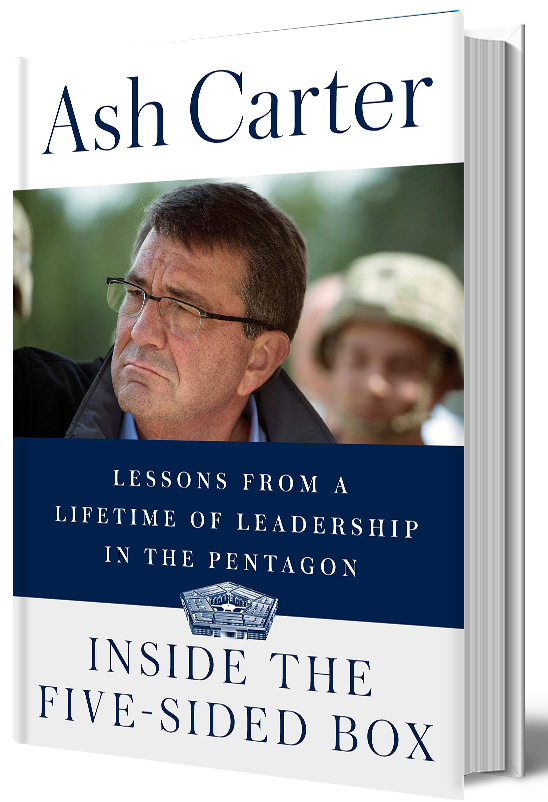How the Pentagon competes against Silicon Valley for tech talent
There’s a war underway between Silicon Valley and the Pentagon to recruit the best and brightest.
“The DOD (Department of Defense) does more R&D than Apple (AAPL), Microsoft (MSFT), and Google (GOOGL) combined,” according to former Secretary of Defense (DOD) Ash Carter.
Carter told Yahoo Finance’s On the Move the United States needs to get back to countering Russia and China with high tech but also, “to anticipate types of battles like cyber and space that haven’t been part of warfare over the course of history.” One way to do that he says is to recruit software engineers to help lead the DOD in new directions.
“You look at companies like Apple and Alphabet and those Silicon Valley firms you’re talking about, there’s really a war for talent amongst those firms. They’re offering competitive pay,” he said.
The average annual salary in Silicon Valley for a software engineer is $126,000, according to Glassdoor. Meanwhile, the average salary for the same job in New York City is $118,445, according to Built in New York City. Glassdoor reports the average DOD software engineer earns $86,000 and while its an unverified comparison, it shows the hurdle DOD faces when trying to compete with Big Tech for talent.
“We can’t compete on money,” saids Carter. “Let’s be realistic. We’re not going to be able to do that, but we compete on mission.”
Making a difference pays off

Carter’s new book “Inside the Five-Sided Box” details lessons from his lifetime of leadership inside the Pentagon. Carter was a Rhodes scholar with a PhD in nuclear physics when he chose a life of service in defense of the country.
He said some of his mentors were part of the “Manhattan Project” generation who were proud of their contribution, creating nuclear weapons, that helped bring about an end to World War II.
“They taught me that as somebody with knowledge, I had responsibility too and that impulse is what slowly got me more and more involved in defense because I was participating in decisions where my voice my knowledge made a difference,” he said.
The DOD can compete with Big Tech because “people want to do something that really matters,” Carter said, adding that Big Tech may have a lot to offer, but “we have to relate to the commercial and global tech community so we have to be flexible in dealing with you because we need you.”
Adam Shapiro is co-anchor of Yahoo Finance On the Move.
Read the latest financial and business news from Yahoo Finance
Chewy CEO on IPO day: 'There’s a lot more growth in front of us'
Fiverr stock soars after IPO, CEO promises it will make moneyU.S. warns cryptocurrency exchange operators to comply with regulations
China trade war 'will not bring U.S. economy to its knees': Wells Fargo economist
Follow Yahoo Finance on Twitter, Facebook, Instagram, Flipboard, SmartNews, LinkedIn, YouTube, and reddit.

 Yahoo Finance
Yahoo Finance 